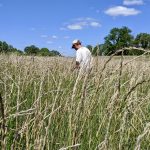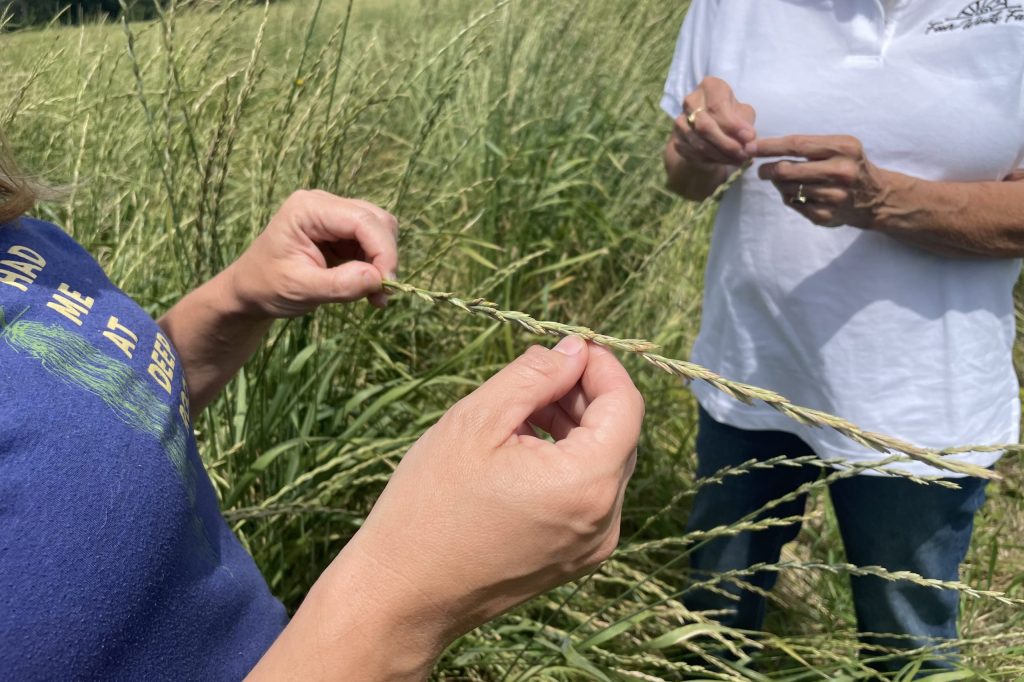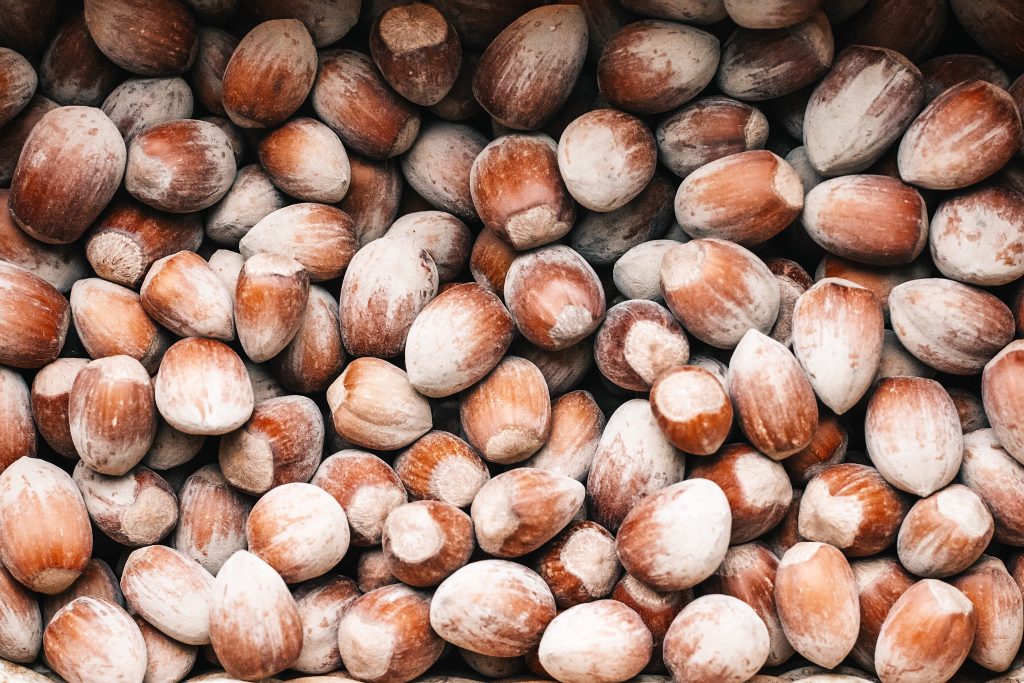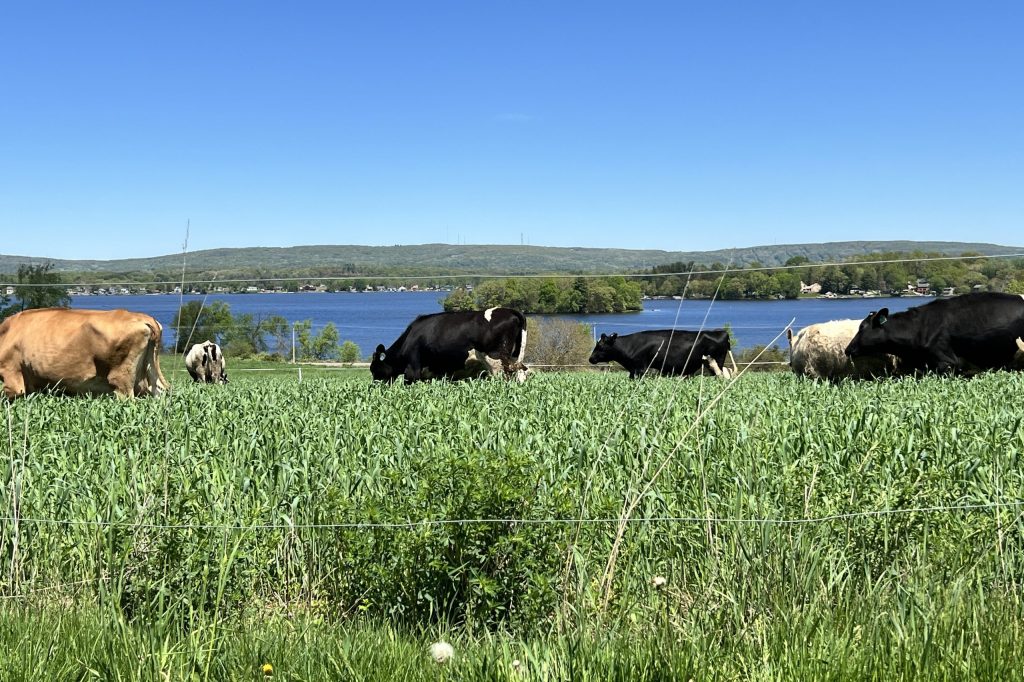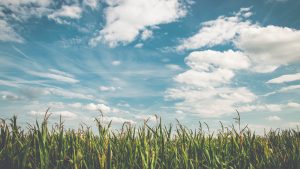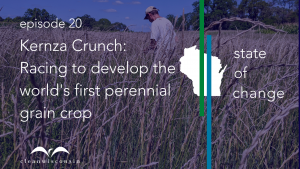Baking for the Climate!
We can fight climate change in Wisconsin by rethinking what we grow and eat. Clean Wisconsin partnered with Madison’s Bloom Bake Shop to create some delicious treats made with two new Wisconsin crops that could be game-changers for our environment: Kernza® perennial grain and American hazelnuts.

